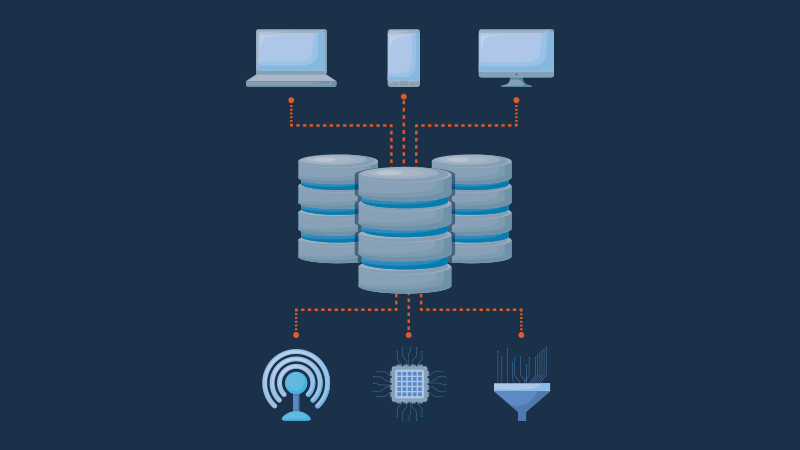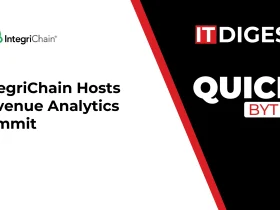Polygraph, a cybersecurity company specializing in click fraud detection and prevention, is warning advertisers not to rely on IP blocking to prevent click fraud.
Click fraud is a sophisticated cyber-crime stealing tens of billions of dollars each year from online advertisers. Criminals pose as legitimate website owners, and use bots – software pretending to be human – to generate fake clicks on adverts. For each of these clicks, the advertisers pay money to the advertising networks, and the money is then shared with the criminals. Multiply this by millions of clicks per day – and thousands of scam websites – and the money being lost by advertisers is huge.
A common approach for dealing with click fraud is to block “bad” IP addresses from seeing or clicking on advertisers’ ads. The logic goes like this: if we know these IP addresses have been used to generate fake clicks in the past, we might be able to prevent future click fraud if we block the IPs from seeing people’s adverts.
According to Trey Vanes, chief marketing officer at click fraud detection firm Polygraph, blocking IP addresses from seeing or clicking on ads provides a false sense of security and offers little value.
“We wanted to quantify the effectiveness of blocking IP addresses as a click fraud prevention strategy,” said Vanes. “We randomly selected 10,000 IP addresses which have previously been used by click fraud bots. What we discovered was less than 20% of click fraud IP addresses are used more than once. That means if you were to block all 10,000 IP addresses from seeing your ads, you’re going to miss more than 80% of all click fraud.”
To make matters worse, advertising networks like Google Ads only allow advertisers to block 500 IP addresses at any one time.
“Since Google Ads only lets you block 500 IPs from clicking on your ads,” continued Vanes, “that means you can only block 500, or 5%, of the 10,000 click fraud IP addresses. We already know only 20% of those IP addresses will be used more than once to commit click fraud, so that reduces the effectiveness of IP blocking to 1%. In other words, by blocking the IP addresses which have previously been used to commit click fraud, you’re still going to miss 99% of the fake clicks on your ads.”
Vanes recommends a different approach for dealing with click fraud. “We’ve been extremely successful at removing almost all click fraud from our customers’ ad campaigns. We use a four step process which is both simple and highly effective.


































